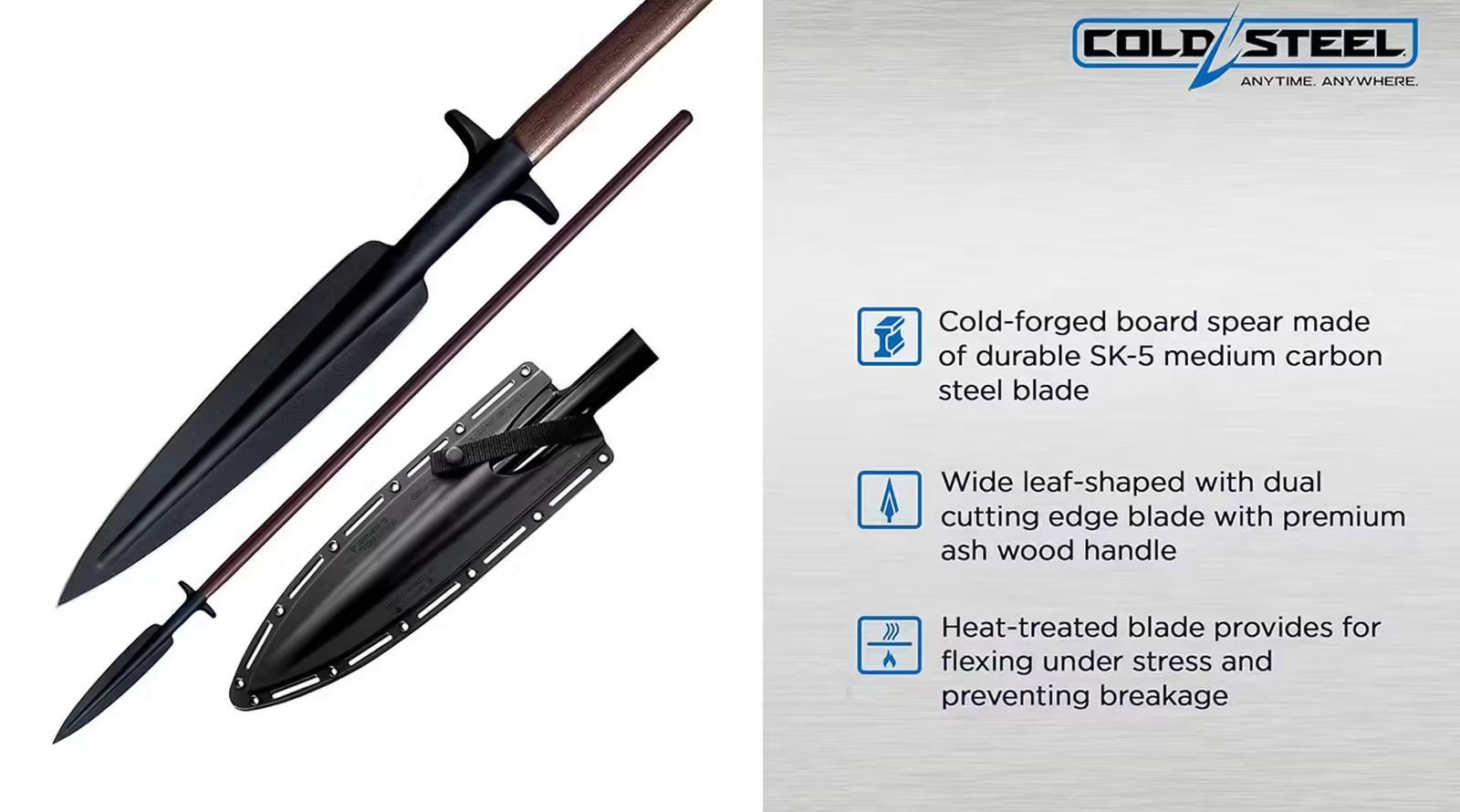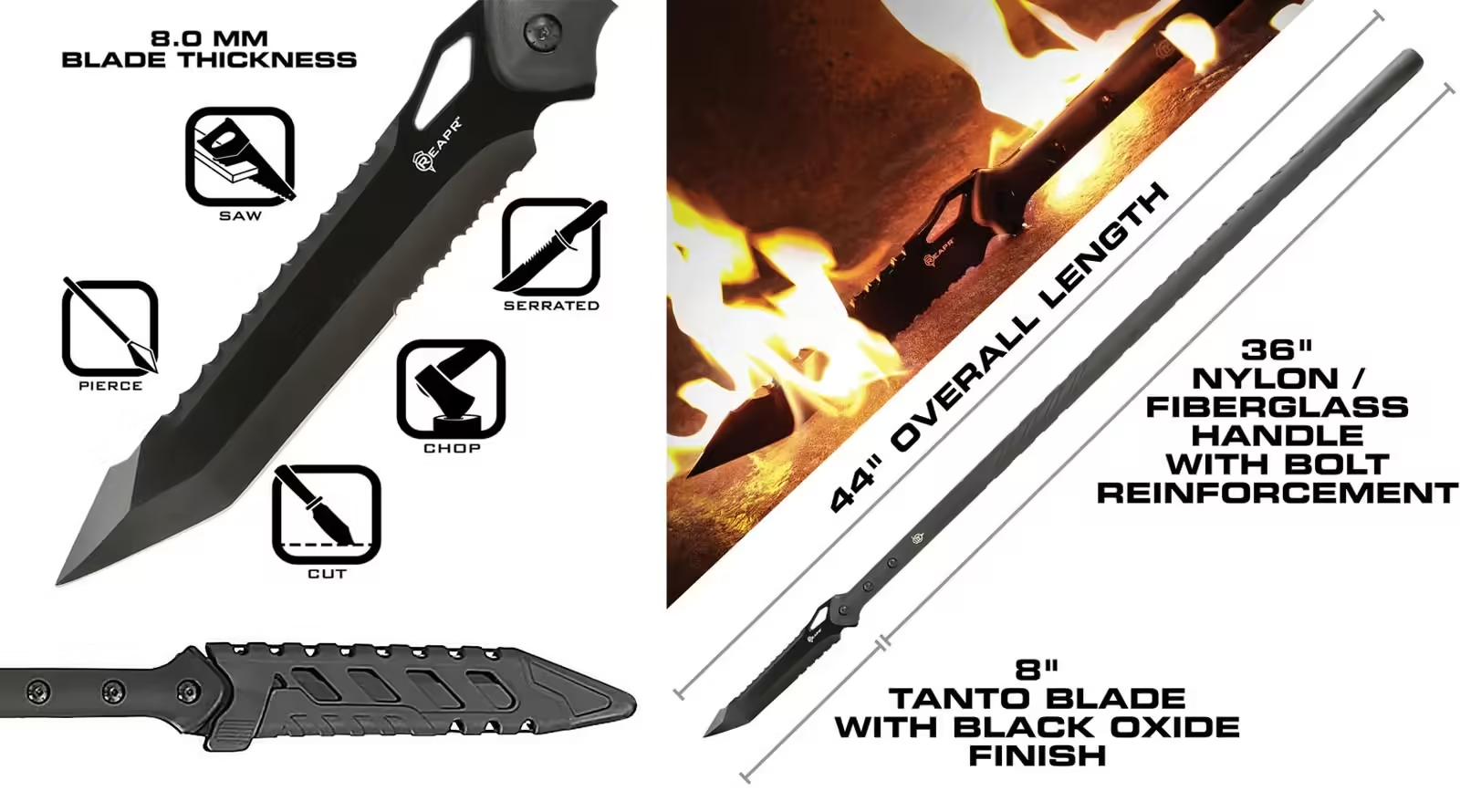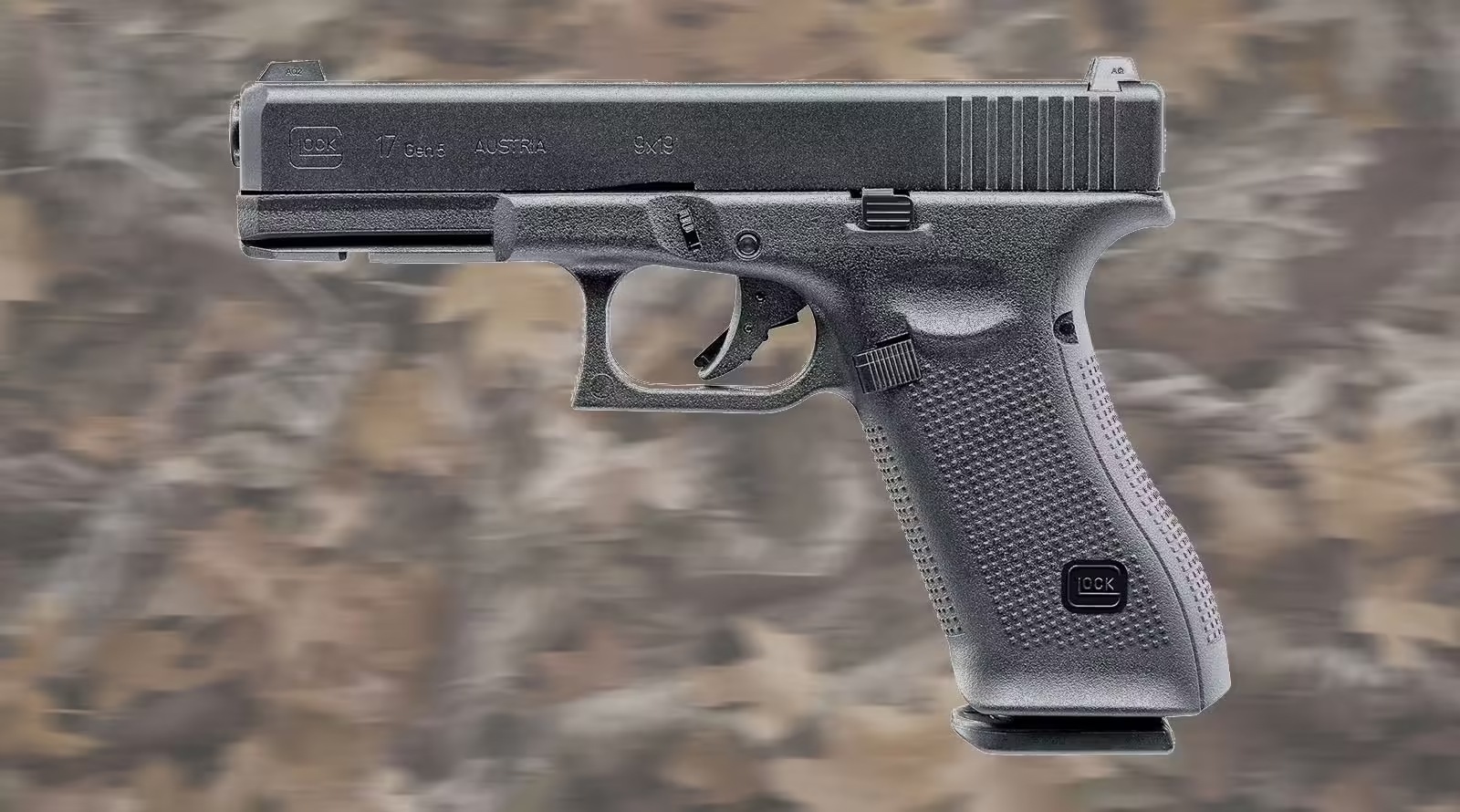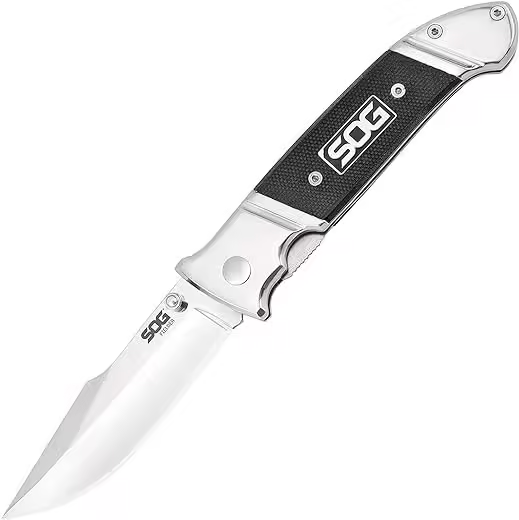Lethal Self Defense Weapons: Empowering Personal Safety With Deadly Blows
Lethal self defense weapons are designed to inflict severe harm or incapacitate an assailant to the extent of causing death. The use of lethal force is a serious matter and is subject to strict legal regulations in many jurisdictions. It’s crucial to emphasize that the decision to use lethal force should only be considered in situations where there is an imminent threat of grievous harm or death, and non-lethal options are not viable. Here’s an overview of some lethal self defense weapons:
- Firearms: Firearms are among the most potent lethal self defense tools. Handguns, shotguns, and rifles are designed to discharge projectiles with enough force to cause fatal injuries. Proper training, responsible ownership, and adherence to firearm safety guidelines are imperative for those considering this option.
- Edged Weapons: Edged weapons, such as knives or tactical blades, can be lethal in close-quarters combat. However, their use requires a high level of skill and carries inherent risks. It’s important to note that the legal use of knives for self defense varies widely.
- Impact Weapons: Objects like baseball bats, clubs, or other blunt instruments can be used as lethal weapons in self defense situations. However, the use of improvised impact weapons may have legal implications, and their effectiveness may vary.
- Less-Lethal Guns and Ammunitions: Compressed Air pistols and rifles that can be loaded with less-lethal ammunition, such as rubber bullets or bean bag rounds. While intended to minimize the risk of fatal injuries, these rounds can still cause significant harm and must be used with caution.
- Crossbows: Crossbows are powerful ranged weapons that can be lethal if used with certain types of bolts. Their use requires precision and understanding of local regulations.
- Certain Martial Arts Techniques: Some martial arts techniques, when applied with lethal force, can result in fatal injuries. However, the application of such techniques requires advanced training and a deep understanding of the potential consequences.
- Improvised Weapons: Objects like heavy tools, glass bottles, or other items found in the immediate environment can be improvised as lethal weapons. However, their use may not be legally justifiable, and their effectiveness can be unpredictable.
It’s crucial to recognize that the use of lethal force is a last resort and should be proportionate to the threat faced. Legal regulations surrounding lethal self defense vary widely, and individuals must familiarize themselves with local laws and regulations. Moreover, seeking professional training and guidance on the responsible use of lethal self defense weapons is essential. Engaging in a threat assessment, de-escalation techniques, and understanding the legal implications of lethal force are critical aspects of responsible self defense.


















































